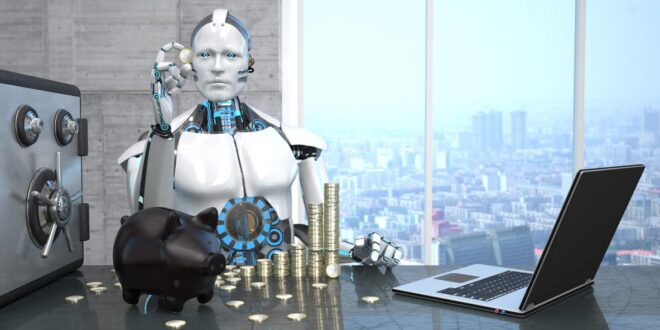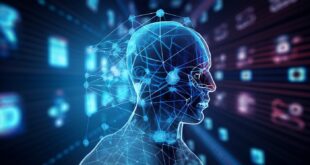For a lot of people, the idea of AI replacing humans is still a bit jarring. After all, we’ve been told time and time again that computers can only do certain things better than humans. But what if we’re wrong?
What if AI is really ready to take over the world and completely replace us as the dominant species on earth? That’s an interesting question and one that we may not have to wait long to find out the answer to.
How is AI Used?
What is AI, and why are people so interested in it? It is a field of computer science that deals with the creation of intelligent machines. These machines can carry out tasks that would otherwise be difficult or impossible for humans to do, like recognizing patterns or making decisions.
There are a few different types of artificial intelligence. The first is machine learning, which relies on algorithms to learn from data and improve over time. Recognition AI is another type of AI that uses computers to identify objects and scenes. Decision AI helps machines make decisions by considering multiple courses of action.
Some people are concerned about how artificial intelligence will impact the workforce. Right now, most AI applications are used in fields like finance and legal research where human expertise is crucial. But as technology improves, could it eventually completely replace human workers?
There’s no easy answer here. On one hand, automation could lead to more jobs being created in fields like data entry and customer service. On the other hand, there’s always the potential for Terminator-style scenarios in which robots overthrow humanity en masse due to our reliance on them. For now, it seems likely that there will be some combination of human and machine work going forward – but what exactly that will look like remains to be seen.
Benefits of Artificial Intelligence
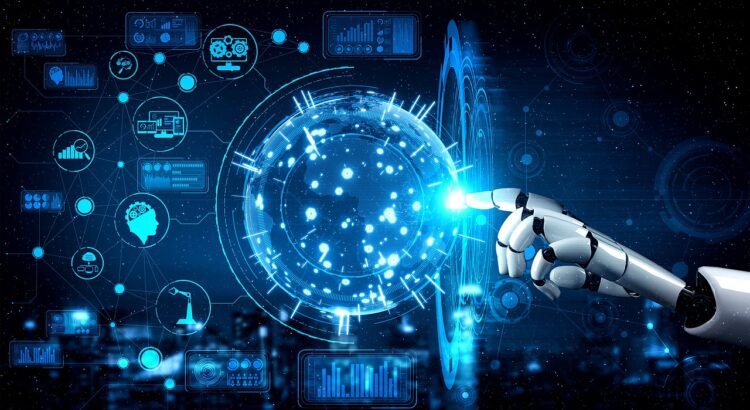
The benefits of artificial intelligence are vast and continue to grow more and more each day. From improving efficiency in business processes to augmenting human capabilities, it has the potential to completely replace humans in a number of areas. Here are just a few of the many benefits of incorporating it into your workflow:
Reduced Costs
Artificial intelligence can help reduce costs associated with various processes by automating or supplementing tasks that would otherwise be performed by humans. By streamlining these processes, businesses can save money while also improving their overall performance.
Improved Efficiency
It can also help improve efficiency within businesses by helping employees complete tasks more quickly and with less effort. This can lead to significant savings for businesses on both the operational and financial fronts.
Enhanced Productivity
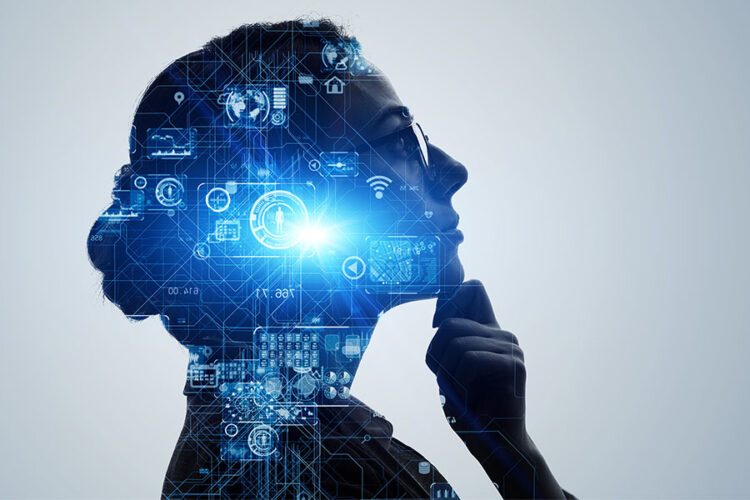
In addition to reducing costs, AI can also enhance productivity by increasing employee satisfaction and expertise. Through machine learning and natural language processing, it can learn how best to complete tasks according to individual preferences and skillset. As a result, employees are able to work smarter, not harder – resulting in increased output and efficiency overall.
Increased Accuracy
With AI at the helm, accuracy is guaranteed across all aspects of business operations. Machine learning algorithms use large amounts of data in order to improve accuracy over time which minimizes opportunities for human error – ultimately leading to improved outcomes for companies everywhere.
Enhanced Customer Service
AI can also help improve customer service by automating processes and providing automated feedback to agents. This can reduce wait times, help customers reach a resolution more quickly, and improve overall customer satisfaction.
Why Technology Can Never Fully Replace People?
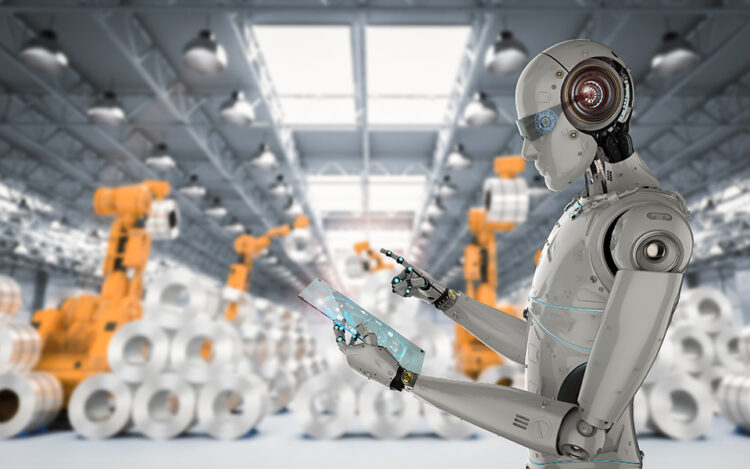
There are many people who believe that technology can never fully replace humans and that the two will always be intertwined. There are many reasons for this belief, but some of the more common ones include the following:
1. Humans are better at certain tasks than machines
This is probably the most commonly cited reason why people believe that machines cannot ever completely replace humans. Many tasks which are considered to be “human” skills, such as problem-solving and critical thinking, are actually much more difficult for computers to do effectively than they are for humans.
This is because computers rely on algorithms and step-by-step processes whereas humans often have a more intuitive way of solving problems and thinking in broader terms.
As computers become better at automating these human-based processes, it is likely that their usefulness will decline overall, but there will always be certain tasks that they simply cannot perform as well as a human can.
2. Machines don’t always make accurate decisions
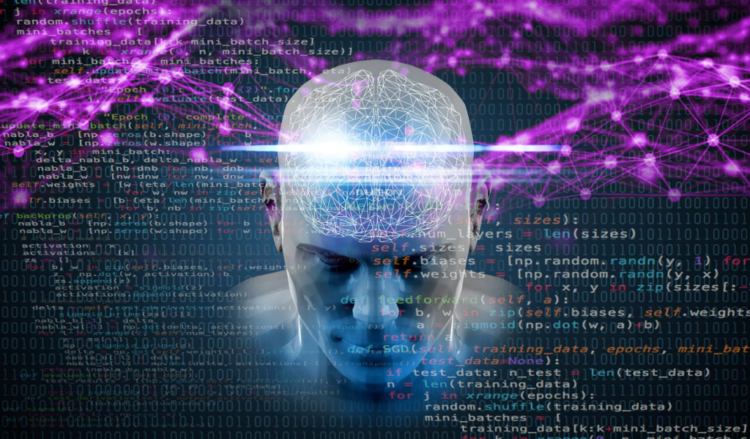
Another common argument against machines becoming totally replaced by humans is that they often make mistakes that may have serious consequences for both people and the environment. For example, if a machine is tasked with making a decision that has implications for public safety, it may not be able to make an accurate judgment due to its lack of understanding or experience of the situation.
In addition, many machines are still not able to understand complex emotional cues or communicate effectively with other creatures as humans do – this means that they may accidentally cause harm or distress when making decisions. To get better insight, read more on the topic.
3. Machines can be hacked or malfunction, leading to unforeseen consequences
As we mentioned earlier, machines are not immune to mistakes or accidents – in fact, they can quite easily be hacked or malfunctioned in ways that have serious consequences for both people and the world around them.
For example, a faulty machine may release toxic chemicals into the air or create dangerous vibration levels which could cause injury or even death. As technology continues to evolve, it is likely that more and more devices will become susceptible to these kinds of incidents, so it is important that we ensure that we are always monitoring and protecting our machines from potential damage.
Is It Possible for an AI to Be Alive?
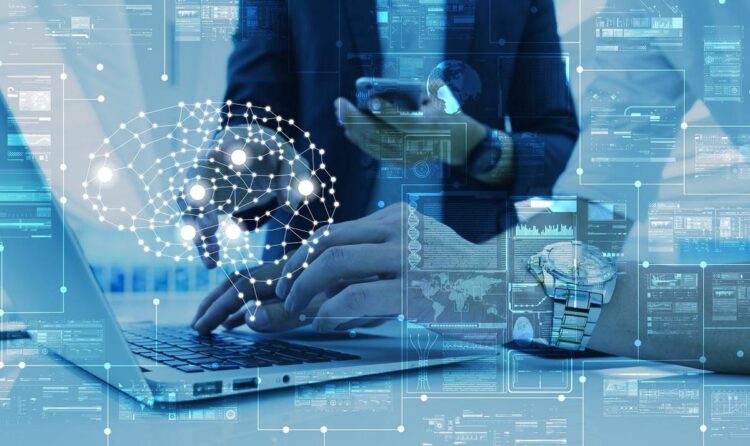
Artificial intelligence has been around for more than 60 years, and many people believe that it can eventually be replaced by humans. However, the definition of life is a scientific one, and artificial intelligence does not undergo the process of cell division and replication. Even though it can mimic and help sustain life, no artificial intelligence process is truly alive.
How Far Away Are We From Sentient AI?
While there is no consensus on when or if AI will achieve full sentience, many researchers believe it is entirely plausible that we will get there in just 10 to 20 years. Here are three reasons why:
- Artificial intelligence can already outperform human experts in a wide range of tasks
- More and more companies are investing in AI research, which is leading to faster advancements
- The development of smarter platforms makes it easier for computers to learn and improve upon their capabilities.
Conclusion
As artificial intelligence continues to develop and evolve, it is becoming more difficult to imagine a world where humans do not play an important role. In many cases, it is already able to perform tasks that are traditionally considered human-related, such as driving cars or providing medical assistance.
However, there is still much for AI to learn in order to fully replace humans. While some people may see this as a threat to our human existence, others believe that the integration of AI into our society will lead to greater innovation and efficiency.
As we continue to explore the possibilities brought about by artificial intelligence, we must also be careful not to lose sight of the importance of human relationships and understanding.
 Hi Boox Popular Magazine 2024
Hi Boox Popular Magazine 2024
